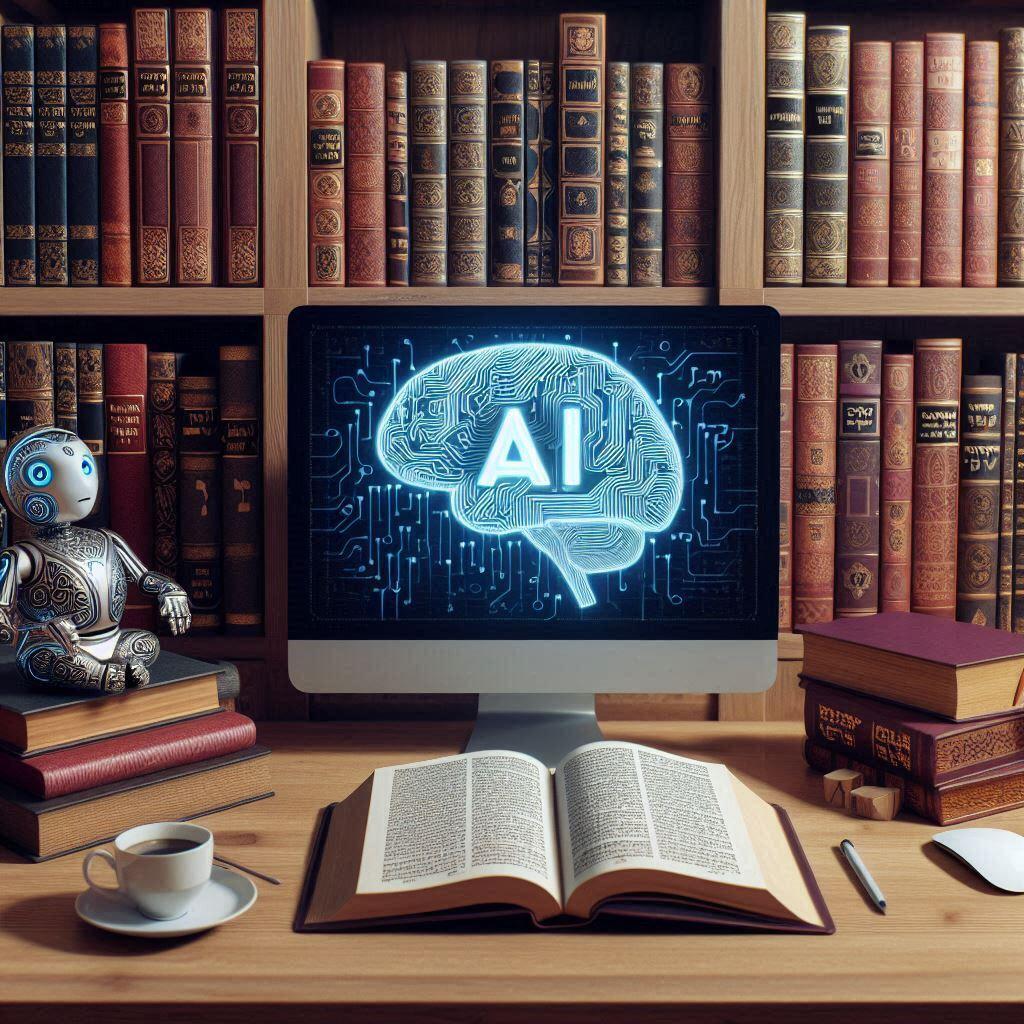Getting your Trinity Audio player ready...
The announcement by Touro University of the appointment of an associate provost for AI, raises the question: Could artificial intelligence replace rabbis and pass Halachic judgment?
Touro University recently appointed Dr. Shlomo Argamon to this new role. Dr. Argamon has been involved in artificial intelligence for 30 years. When asked how the world of AI would affect Torah scholars, he responded, "As we learn to use AI more effectively, it’s going to affect Torah learning the same way the revolution in computerized databases has affected it."
"I started out my academic career after my doctorate at Bar-Ilan University, where we digitized and made huge swaths of halachic literature accessible. This was a revolution in how research was undertaken. After a certain point in time, nobody could publish a serious Halacha sefer without consulting the database," he added.
Argamon speaks about the advantages of involving AI in religious studies. "Before long, AI will give us the possibility of not just accessing the raw text but also finding connections between things we may not have been aware of. In Talmud study, a learning partner is called a hevruta. AI will be a quasi-hevruta that has no real understanding of concepts but has knowledge, so to speak, of everything!"
Today, there are artificial intelligence sites like RavGPT or Rebbe.io that have revolutionized the Torah world by providing halachic rulings in seconds and even detailing disputes among the jury.
In January 2023, The Jerusalem Post reported that New York Rabbi Josh Franklin used the ChatGPT program to compose a sermon for him, raising the question of whether artificial intelligence could replace rabbinical figures in the future. Rabbi Josh Franklin said that despite artificial intelligence writing a convincing sermon, it will never replace a rabbi because it lacks a soul.
When asked the same question, artificial intelligence replied that a robot cannot become a rabbi because according to Jewish law, a rabbi must be a human being who has been ordained by rabbinic authority. This answer suggests that the possibility of having an AI rabbi is not entirely ruled out, all we need is rabbinic authorization.
Alongside Rabbi Franklin, other rabbis and religious figures express skepticism about AI's ability to replace rabbis. For example, Rabbi Meir Eliyahu gave a lecture on artificial intelligence and concluded. He said that sometimes you are asked a question, and you need to touch on the personality of the person who posed the question and his experience. A computer can think logically like a human but lacks emotions.
We can see that AI will not replace therapists and teachers due to the face-to-face experience is a highly important factor of the experience. However, AI will soon join the education and psychology departments to tailor lessons for children and treatments for patients. Just like the psychologist can refer to AI because of his limited number of cases, the rabbi can consult with artificial intelligence regarding halachic rulings.
The Jewish world has undergone major revolutions throughout history, from printing to digitization, and always remained resilient. Judaism learns to use every new invention and exploit it for its benefit, from the dissemination of books worldwide after the printing revolution to sharing videos and online Torah lessons.
 Ofer NidamPhoto: Maximedia
Ofer NidamPhoto: MaximediaIt is possible that the artificial intelligence revolution will lead to different sects in Judaism. There could be those who see it as a legitimate tool, and those who may see it as nonsense. This divide can be compared to the various divisions into sects in Judaism such as the ultra-Orthodox and the Hasidic Jews.



